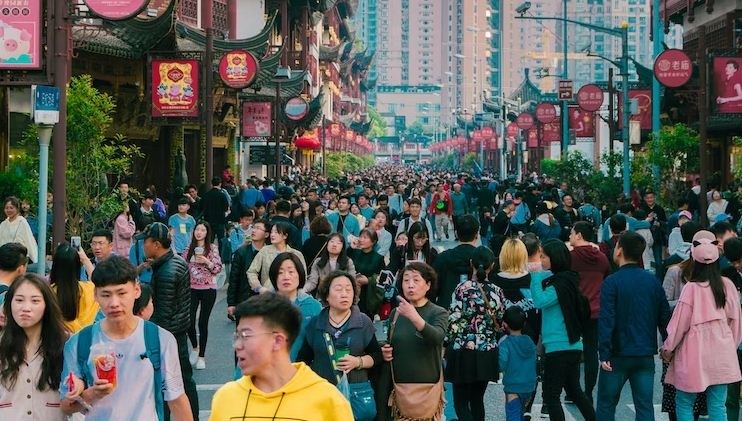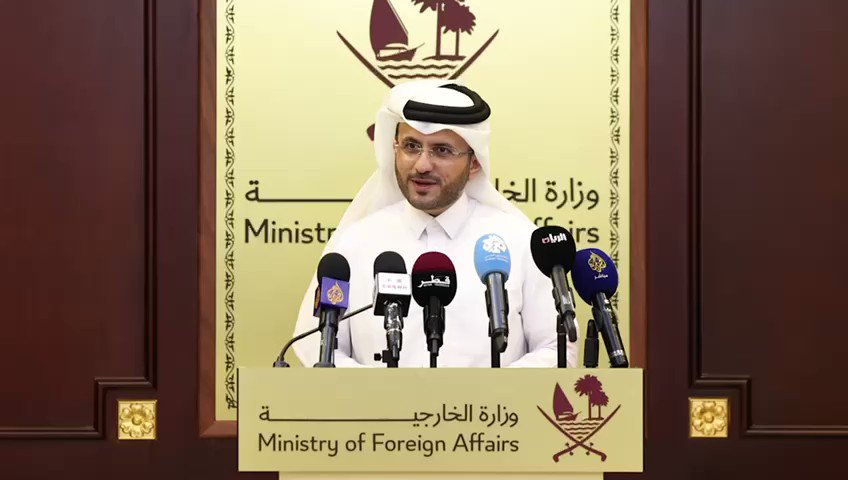India told China to “continue taking measures to promote gender equality and empowerment of all women and girls….reports Asian Lite News
India has urged China to unwaveringly uphold its dedication to human rights and gender equality, emphasizing the importance of its constructive participation in fulfilling the aspirations of developing nations
The recommendations were given by Indian diplomat Guarav Kumar Thakur during the 45th Session of the Universal Periodic Review (UPR) at the United Nations.
India gave China three recommendations during the UPR which included, “Continue taking steps to ensure fullest enjoyment of basic human rights by its people through inclusive and sustainable development.”
Secondly, India told China to “continue taking measures to promote gender equality and empowerment of all women and girls.”
Lastly, India urged China to “continue to play a constructive role in the realisation of aspirations of developing countries including through reform of mulitateral institutions.”
China’s human rights record is facing international scrutiny during the fourth Universal Periodic Review (UPR) Working Group session of the United Nations Human Rights Council, taking place from January 22 to February 2.
This review is a unique opportunity for member states to hold China accountable for its human rights obligations, according to analysts and rights advocates.
The Universal Periodic Review (UPR) is a peer-review process under the auspices of the UN Human Rights Council, where UN Member States assess each other’s human rights records, their fulfilment of human rights obligations and commitments, and provide recommendations to the State under review.
This is China’s fourth appearance before this mechanism. The last one was in November 2018. At the time, countries called out the existence of mass detention camps for Uyghurs a few months after they were revealed by a UN committee.
During China’s 3rd UPR in November 2018, China received 346 recommendations from 150 countries, and accepted 284 of them, with many questionably noted as ‘accepted and already implemented.’

Despite a seemingly high acceptance rate, China broadly rejected recommendations on the rights of Uyghurs and Tibetans, cooperation with the UN and unrestricted UN access to all regions of the country, enforced disappearances and arbitrary detention, the death penalty and the ratification of international treaties.
Since 2018, mounting human rights abuses have been largely documented by a range of UN human rights bodies.
After the narrow defeat of a resolution calling for a debate on the situation in Xinjiang at the Human Rights Council, in September 2022, the UPR is one of the few spaces left where China’s record can be openly discussed, challenged and scrutinised on the basis of UN information.
This is also the first UPR session since the publication in 2022 of the UN ‘Xinjiang Report’, which found that Beijing’s actions against Uyghurs and other minorities could amount to ‘crimes against humanity’, and which Chinese diplomacy has worked hard to suppress.
In the absence of a UN Human Rights Council debate on the human rights situation in China, the UPR is a rare moment of global scrutiny of the country’s human rights crisis. (ANI)
ALSO READ: UK Takes Stand Against China’s Treatment of Uyghurs, Tibetans














